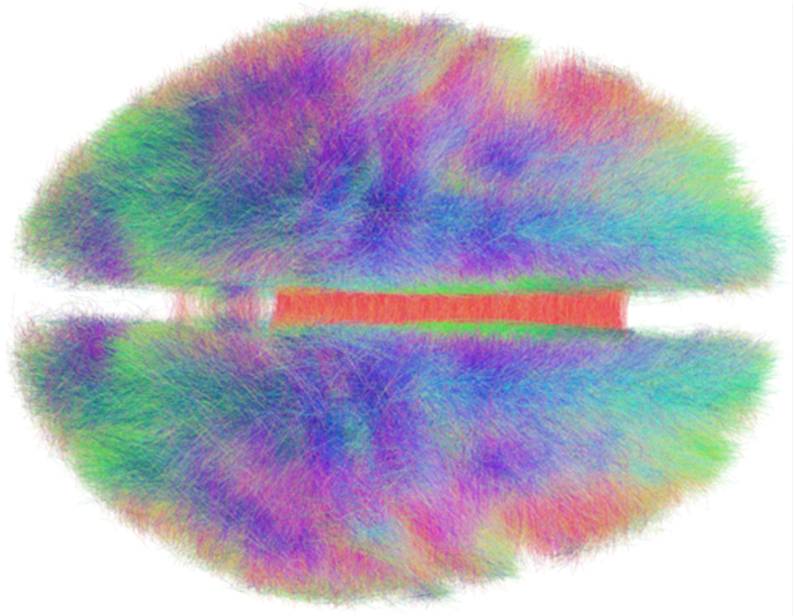Gustavo Deco to start an ambitious project funded by the US National Institutes of Health
Gustavo Deco to start an ambitious project funded by the US National Institutes of Health
Thanks to the largest source of funding for medical research in the world, with a budget of 2.7 million dollars, he is participating in the project “Stroke, Neural Networks and Behaviour”, coordinated by professor and neurologist Maurizio Corbetta.
Gustavo Deco, ICREA researcher at the Department of Information and Communication Technologies (DTIC) and director of the Center for Brain and Cognition, is participating in a project funded by the US National Institutes of Health (NIH).

The project “Stroke Neural Networks and Behaviour” within the NIH Grant R01 programme, endowed with a budget of 2.7 million dollars, is coordinated by professor and NIH researcher Maurizio Corbetta and will be carried out in the next five years. Gustavo Deco is collaborating due to his pioneering computational brain modelling.
Different theories about the functionality of the brain suggest that its behaviour depends on the separation and integration of information and that this is achieved through time synchronization of these neural networks that maximize information capacity.
So, the effects on neurological function in the event of a focal lesion, the recovery and the outcome depend on a complex interaction between the structural damage caused by the lesion and the remote effects of physiological and structural disconnection in other parts of the brain.
The aim of the project “Stroke, Neural Networks and Behaviour” is to develop and implement advanced brain scanning techniques to understand how communication changes between the different areas of the brain due to a brain haemorrhage, and how these changes are related with behavioural problems caused by the stroke.
As Deco explained, “we measure both the physical connections and the corresponding activity of brain areas as well as its functional communication. We believe that these studies will allow us to develop new diagnostic tools to predict the recovery of patients suffering from a stroke and their long-term evolution after the stroke, the biggest cause of varying degrees of disability in the world”, he added.
The NIH represent the largest source of funding for medical research in the world and their grants boost the research of thousands of scientists from universities and research institutions in the US and renowned researchers from around the world.
Other UPF researchers have obtained funding by this prestigious American institution. Tomàs Marquès Bonet, ICREA researcher and head of the Comparative Genomics Lab group of the Institute of Evolutionary Biology (IBE), for a project on the characterization of genetic mutations associated with Autistic Spectrum Disorders (ASD), Roderic Guigó, researcher at the CRG and lecturer of the CEXS, as a participant in the GTEx Project, and Rafael Maldonado, director of the Neuropharmacology Unit at the CEXS, for studies on nicotine addiction.
Image: https://commons.wikimedia.org/wiki/File:The_Human_Connectome.png
